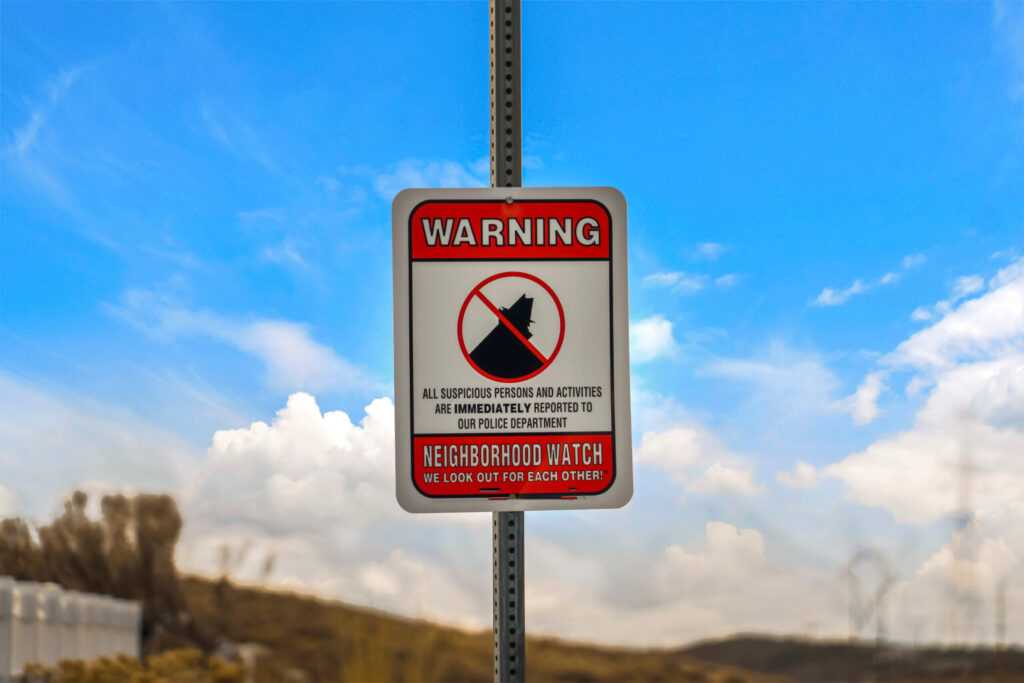Will a New South Carolina Bill Finally End Deadly Drunk Driving on Our Roads?

South Carolina has become infamous for its high number of DUI-related fatalities. In fact, Forbes ranks the state 8th in the nation for the highest number of DUIs in 2025, with a concerning 7.57 drunk drivers per 100,000 licensed drivers involved in fatal crashes. Even more troubling, 6.02 people per 100,000 residents are killed in alcohol-related accidents. The state also has the sixth-highest rate of young drivers under 21 involved in fatal crashes due to alcohol.
To address this serious issue, South Carolina lawmakers are pushing for stronger DUI laws. A bill introduced by Sen. Tom Davis is aiming to make major changes to how the state handles DUI cases. The bill is designed to close loopholes that have made it harder to prosecute DUI offenders effectively.
One key part of the bill is a proposal to allow both fines and jail time for those convicted of DUI. It would also require offenders to attend DUI victim impact panels, a program designed to show the real-life consequences of driving under the influence. The bill also plans to make it easier to install ignition interlock devices, which prevent convicted drunk drivers from starting their vehicles if they’ve been drinking. Under current law, the installation of these devices is delayed until after a contested hearing, but this bill would streamline that process.
The bill also introduces harsher penalties for DUI accidents that cause moderate injuries, such as broken bones or dislocations. Currently, felony DUI charges can only be brought if the accident results in serious injuries or death, but this bill would lower the threshold, recognizing that even moderate injuries can have a lasting impact on victims and their families.
Another important part of the bill deals with the state’s “implied consent” laws, which require drivers to submit to alcohol or drug tests. The bill would make it easier for medical technicians to obtain blood or urine samples from suspected DUI offenders, which could help strengthen cases against those who refuse to take tests.
However, despite the bill’s potential to make a real difference, it has faced delays. After several postponements, the Senate Judiciary Committee decided to push the bill to 2026. Senate Majority Leader Shane Massey expressed his frustration with the delay, acknowledging the challenges in pushing the bill through before the end of the current session. Advocates for DUI reform, like Laura Hudson from the South Carolina Crime Victims Council, have expressed disappointment, as they believe this bill could make a significant impact on reducing DUI-related deaths.
South Carolina’s record on DUI fatalities is deeply concerning. In 2022, the state saw 474 alcohol-related deaths, a 72% increase from 2019. MADD reports that South Carolina has the highest rate of DUI fatalities per capita in the country, which makes the need for legislative action even more urgent. One of the issues highlighted by local officials and advocates is that technicalities, such as poor video quality, have allowed DUI cases to be dismissed or pleaded down, undermining efforts to hold offenders accountable.
If this bill passes, it could make a real difference. It would strengthen penalties for those who refuse breath tests, require more people to install ignition interlock devices, and make it easier to prosecute DUI cases. The changes to the video recording requirements could also help ensure that offenders are held accountable for their actions behind the wheel.
Although the bill has been delayed, advocates remain hopeful that it will gain momentum in 2026. Steven Burritt, state director for MADD, believes that if the law is easier to enforce and prosecute, more offenders will be held accountable, which will ultimately lead to safer roads.
South Carolina’s DUI problem can’t be ignored any longer. With so many fatal accidents involving alcohol, the state must take decisive action to address this crisis. While progress may be slow, the bipartisan support behind this bill offers hope that South Carolina can finally make its roads safer for everyone.
RECENT










BE THE FIRST TO KNOW
More Content By
Think American News Staff











